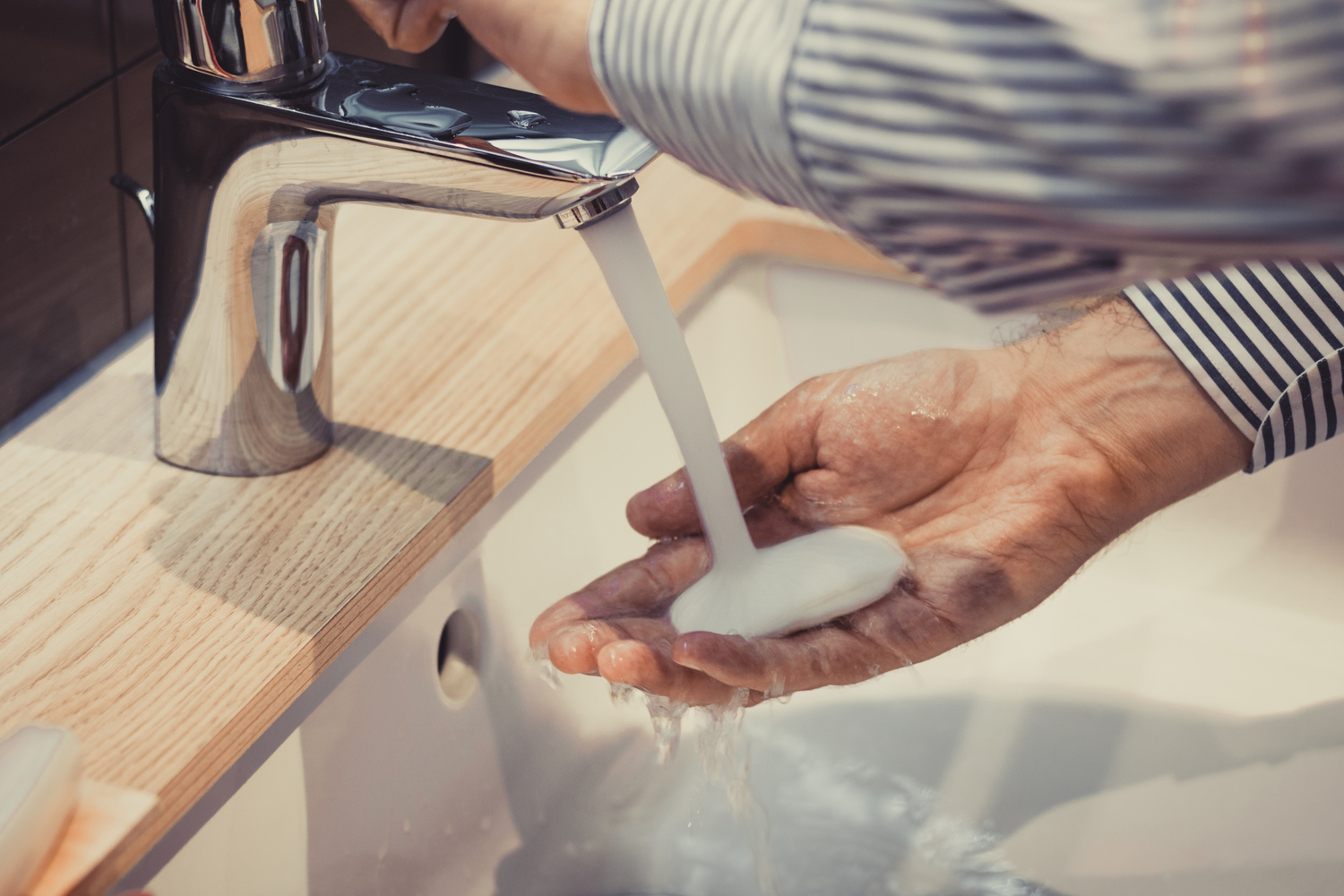
Soaps That Trigger Eczema
Eczema is a medical term for a number of skin conditions that cause skin inflammation and itchy rash. Eczema is a type of atopic dermatitis, thought to be caused by an abnormal function of the immune system. It can be triggered by allergies, foods, or certain ingredients often found in soaps, lotions, shampoos and other hygiene care products. Eczema can appear anywhere on the body but it most typically appears as patches of dry, red, itchy skin on the scalp, arms, and behind the knees and inner elbow creases.
This article will cover some of the common soap ingredients that often trigger eczema:
1. Cocamidopropyl betaine
This is a chemical derived from coconut oil, which has a high allergy profile generally. Many people are allergic to coconut and anything derived from it. Cocamidopropyl betaine, abbreviated as CAPB, acts as a surfactant, which means that it helps the product to clean better by reducing surface tension. It’s sometimes listed on product labels as 1-propanaminium or hydroxide inner salt.
2. Strong fragrance soaps
Fragrant soaps can cause the immune system to react in a way that can cause or aggravate eczema, especially if they’re very strong. Allergic skin reactions can be avoided by choosing unscented soaps and those without botanical oils.
3. Soaps with botanical oils
Botanical oils, while a natural product, still contain compounds that can irritate skin and initiate an allergic reaction that can make eczema worse. Some botanical oils, such as tea tree oil, are very strong and are more likely to cause irritation. It’s best to avoid all botanical oils, but some people with eczema can tolerate lavender, chamomile and neem oil.
4. Soaps with Methylchloroisothiazolinone and methylisothiazolinone
These two ingredients are used as preservative agents in cosmetic and household products. They slow bacterial growth and help to keep products fresh, but both are harsh and can cause allergic reactions in up to 10 percent of people with eczema. Your text to link…. Some brands avoid these chemicals entirely. For more information, you can look here: Your text to link…
5. Propylene glycol
This ingredient is chemically related to ethylene glycol, the antifreeze used in cars. It’s included in skin care preparations because it helps the skin to retain moisture. However, because it can penetrate the skin’s layers, it may be able to take other harmful molecules into the skin with it. It’s also irritating to broken skin, and cracked skin in eczema is common. A much safer alternative is glycerin. Glycerin is obtained from animal or vegetable fats. It’s used in many foods and generally has a healing effect on eczema. Look for soaps with pure glycerin, no fragrances and no artificial ingredients.
6. Antibacterial soaps
Antibacterial ingredients like triclosan, triclocarban, benzalkonium chloride and chlorhexidine often cause allergic reactions. These antibacterial soaps do not clean any better than regular soaps. These soaps can cause bacteria to become more resistant to antibiotics overall and do more harm than good. Washing your hands with warm water and any kind of soap is sufficient to kill and rinse away any pathogens. Although both triclosan and triclocarban were banned by the FDA, other antibacterial substances like benzethonium chloride and chloroxylenol may still appear on labels. If you have eczema, it’s best to avoid any kind of antibacterial soap ingredient. It will increase the chances of skin irritation without providing any benefits.


